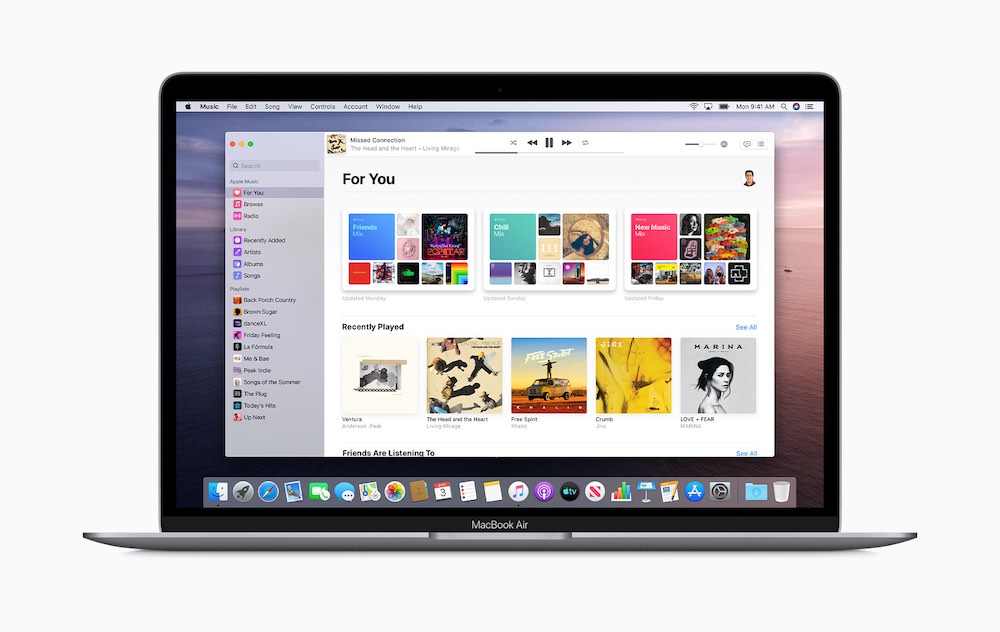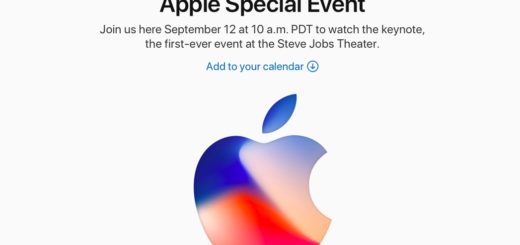Apple puts its money where its Music is

The new Music app on a Mac
Apple has created a $50 million fund to help musicians struggling with the impact of coronavirus on their livelihood.
Artists need help too
Apple Music is the world’s second largest streaming music service at this point and continues to pay artists more cash per stream than any other service. (Not that streaming revenues are great, but every little helps).
Now it has set aside $50 million advance royalty fund which can be accessed by indie labels in order to pay their artists. Labels must earn at least $10,000/quarter to apply and have a direct distribution deal with the company.
That’s good in that it uses existing systems to enable the money to reach people who need it, but just like some government’s earnings protection schemes, still leaves smaller indie artists and those who lack a direct distro deal with Apple out in the cold.
But it helps.
How it works
This cash isn’t free money – it will be recouped against future income – but given it could make the difference between your fave indie label (and its acts) staying in business, it’s a good thing.
More details on the fund will be available on Friday (10 April) when label agreements for the advances are posted in the iTunes Connect tool.
What Apple says
“Each advance will be based on the label’s past earnings, and will be recoupable against the label’s future earnings. This offer is in good faith that labels will channel funds to artists and label operations based on financial need,” Apple explained in a letter to labels.
It also said:
“These are difficult times for the music industry globally. Livelihoods are at risk, with multiple sources of income that our industry relies on vanishing overnight. Apple has a deep, decades-long history with music, and we are proud to be in close partnership with the best labels and artists in the world. We want to help.”
Why is it necessary?
Musicians have seen incomes disappear in light of the coronavirus, which has shuttered music retailers, smashed licensed performance income in shops and coffee shops and completely eliminated live performance income (which also impacts merchandise sales).
In my experience, most musicians are not rich and like most who base their income on live performance, they will be suffering.
MBW suggests that Apple Music’s global subscriber base has continued to grow during the COV-ID 19 outbreak, which suggests more money is coming to musicians via the service than before.
Apple on the march
This is just one of a huge number of initiatives and rescue packages coming out of the company. This week it announced delivery of 20 million protective masks to healthcare workers, began manufacturing protective face shields at a target rate of one million per week and put its weight behind the One World: Together at Home fundraising virtual benefit gig that’s being put together by Lady Gaga.
While there are valid criticisms when it comes to some Apple business practises, it is refreshing that at least when push comes to shove the company is actually attempting to lend its weight to this struggle.
Please follow me on Twitter, or join me in the AppleHolic’s bar & grill and Apple Discussions groups on MeWe.




